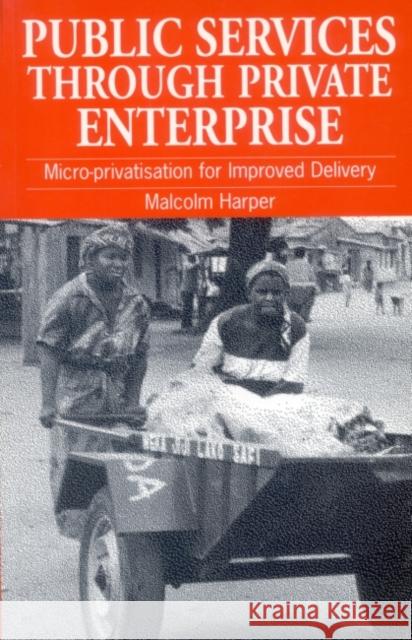Public Services Through Private Enterprise: Micro-Privatization for Improved Delivery » książka
Public Services Through Private Enterprise: Micro-Privatization for Improved Delivery
ISBN-13: 9781853395192 / Angielski / Miękka / 2000 / 380 str.
Cigarettes and soft drinks are available in just about every village in the developing world - clean water, primary education and health services are not. The main reason for this paradoxical and tragic situation is the failure to deliver public services, especially in the face of growing populations. What is more, the supply of essential services in most developing countries is grossly inequitable - those who need them the most are the least able to afford them.
This important book suggests a strategy to overcome what appears to be an otherwise hopeless situation - 'micro-privatisation'. Governments can hand over responsibility for many public services to small private or community enterprises. The quality, efficiency and outreach of the services are considerably improved and the costs significantly reduced.
To illustrate the efficacy of this strategy, Malcolm Harper presents 24 real life case studies from Asia, Africa and Latin America, and also from the USA and Europe, which amply demonstrate that micro-privatisation is practical anywhere. The activities covered by these examples of successful initiatives include urban services, utilities, agricultural services, health and hygiene, transport, welfare and education. The analysis accompanying the case studies identifies the problems encountered and the solutions adopted.
Providing a fresh and comparative perspective on alternative strategies to improve the delivery of all types of public services, this book will attract a wide readership particularly among NGO's and international development agencies and those in the fields of rural development, urban management, public administration, community development and enterprise management











